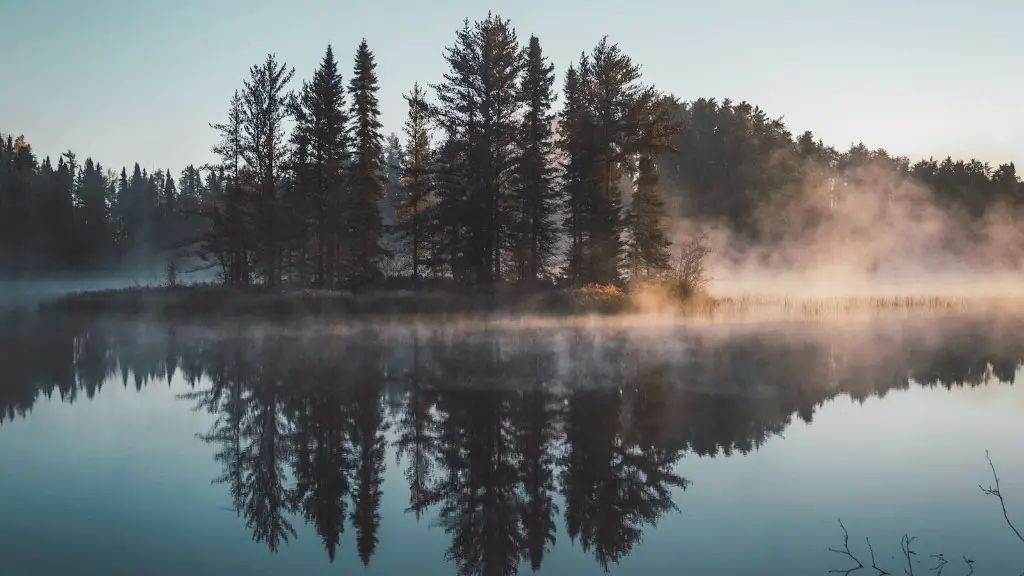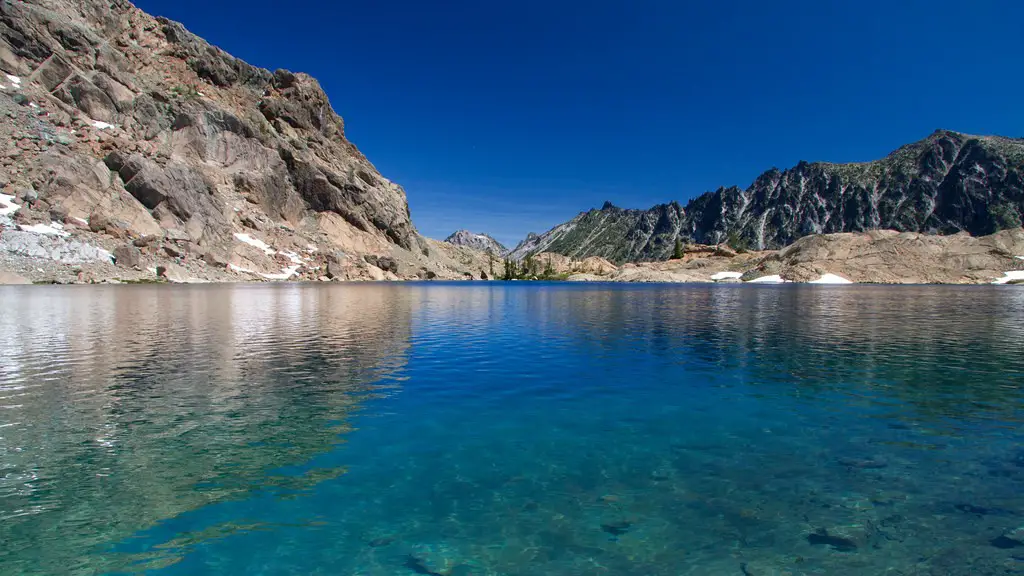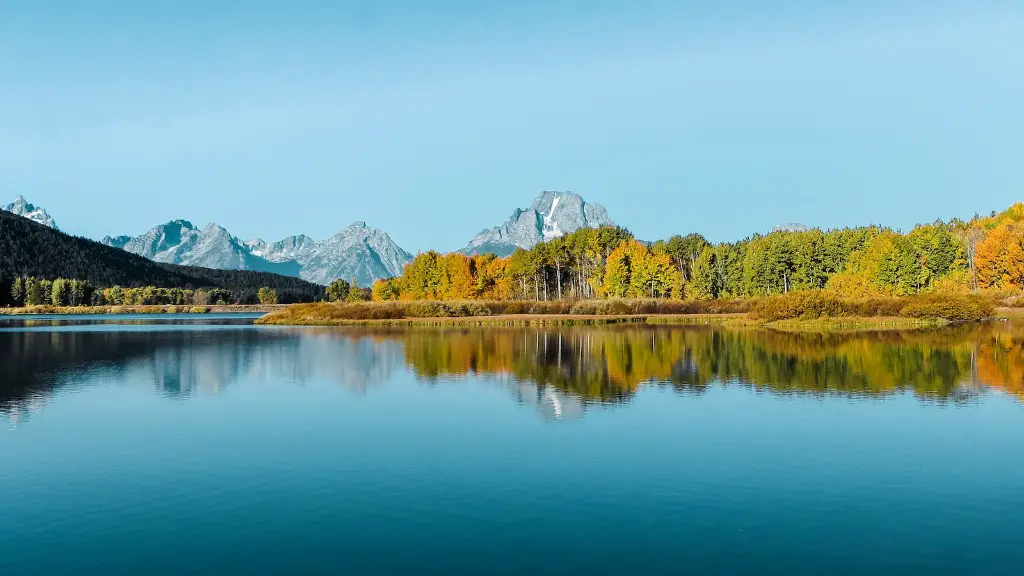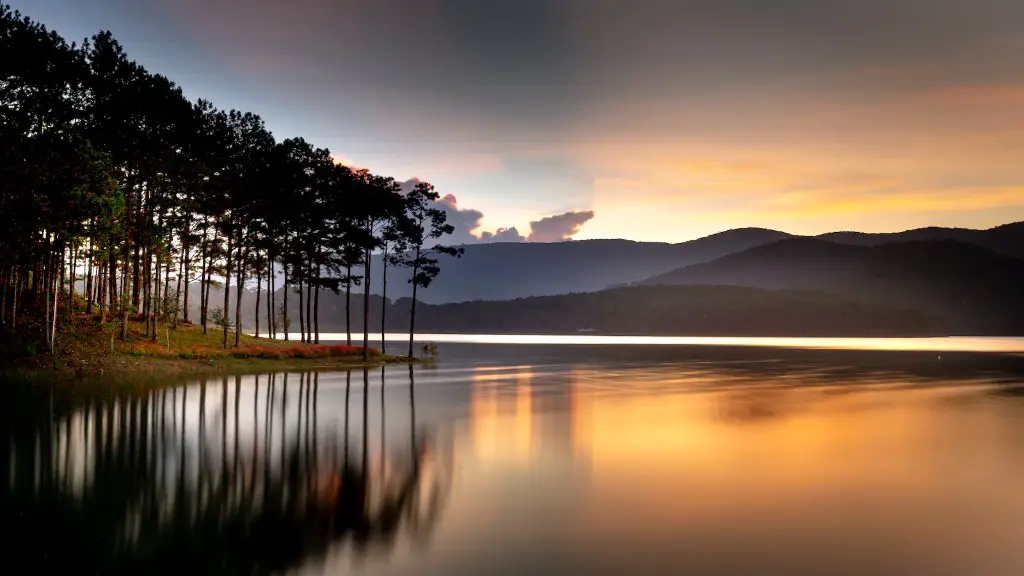Location And Size Of Lake Victoria
Lake Victoria is the largest lake in Africa and one of the largest freshwater lakes in the world. It covers an area of approximately 69,484 km2, with a shoreline of roughly 4,828 km. Situated at the border of Tanzania, Kenya, and Uganda, Lake Victoria is a vast expanse of deep blue waters rising high above the flat grasslands and savannahs of East Africa.
Formation Of The Lake
Believed to be millions of years old, the formation of Lake Victoria began when rivers coming from southern and western directions converged in a large depression. Through the course of time, the riverwater from all directions accumulated over the depression and formed the lake. As time passed, continents shifted, rivers changed their course and tectonic plates moved, all contributing to the formation of the world’s largest tropical lake.
Life In And Around The Lake
Lake Victoria is home to an estimated variety of 500-600 species of fish, mostly belonging to the cichlid family. Since the lake is extremely nutrient-rich due to the dense population in all the catchment areas, fishing is the main source of livelihood for the people living around the lake. Moreover, the lake also serves as a host to a variety of birds and other wildlife.
Environmental Challenges Of Lake Victoria
Although, Lake Victoria is an integral part of the socio-economic life of the region, it is faced with several environmental issues. One of the main challenges faced by the lake is excess nutrient pollution, caused by untreated wastewater, agricultural runoff and additional harmful pollutants. This leads to severe eutrophication and an increase in total nitrogen and phosphorus levels which kill fish, and cause algal bloom.
Another major problem faced by the lake is the introduction of alien species such as the Nile Perch and water hyacinths. The Nile Perch feeds on the majority of native species thus endangering the fish biodiversity, while the water hyacinths have formed thick and dense mats in some areas of the lake, making it impossible for the native species to survive.
Impact On The Region
The rapidly deteriorating ecological balance of Lake Victoria has posed a serious threat to the socio-economic life of the people living in the surrounding regions. The presence of pollutants has had an adverse effect on the fisheries, thus decreasing the income for millions of people. Besides, increasing water levels have caused problems such as mud slides which have resulted in the displacement of communities.
In order to counter such environmental concerns, the governments of Tanzania, Uganda and Kenya, have come up with several plans and initiatives. The Lake Victoria Basin Commission (LVBC) is overseeing several community-driven programs and policies that aim to tackle ecosystem problems and promote sustainability.
Geopolitical Impact Of Lake Victoria
As the population around the lake is quite high in all three countries, there remains a political tug of war between the nations regarding different aspects such as fishing rights, water resources and modalities of development. To overcome such conflicts, the countries have cooperated in terms of sharing development plans and resources, jointly managing the lake and its associated environment, and embracing public policies.
Environmental Solutions For Lake Victoria
The government, conservationists and scientists have come together in order to devise strategies with regards to the preservation of Lake Victoria. Programs such as the African Great Lakes Initiative aim to clean up the lake and reduce eutrophication.
Moreover, initiatives like The African Water Pavilion have also enabled greater public engagement on various issues. The participants have developed a number of ideas in terms of regulating phosphorus and manure, which has resulted in the implementation of more sustainable techniques for agricultural practices.
Community Engagement And Events
The people living around the lake have also come up with their own strategies in terms of environmental preservation. Various community-led environmental initiatives such as beach clean-up campaigns, tree-planting days, plastic-use regulations and conservation projects have been started in order to reduce environmental damage.
In addition, Lake Victoria hosts many events and activities every year such as the incredible Uganda Marathon and expeditions like the Dragon Boat Race, International Regatta and Lake Victoria Challenge. These events not only bring in tourism and promote business growth, but also bring communities together in the spirit of preservation and conservation.
Programs To Boost Economic Activities Of The Communities
In order to tackle the socio-economic crisis faced by the communities settling around the lake, various projects and programs have been established such as the EU-funded ‘Fish for the Future’ program, aimed at aiding sustainable fisheries in Lake Victoria. The program has allowed for the introduction of economic activities such as aquaculture and cage-fish farming, providing an additional source of income for the people in the region.
Conservation And Preservation Of The Lake’s Ecosystem
Dedicated programs such as the Lake Victoria Protection and Management Plan, are constantly working towards understanding the impacts of climate change and human activities on the lake. Such projects have enabled the conservation of the lakes’ ecosystems and helped the coastlines be better managed and protected, allowing the native species to thrive in their natural and healthy habitats.
Clean Up Programs
In order to protect the lake, several clean-up programs and environmental campaigns have been implemented by the local administration and private organizations. These campaigns are helping to reduce water pollution and freshwater depletion, while encouraging the public to have an active role in conservation efforts.
Awareness Campaigns
A great part of the public’s involvement in conservation efforts is possible due to the wide range of awareness campaigns and initiatives that aim to educate people about the lake and its importance. Through radio, television, publications and opinion leaders, such programs are increasing the level of awareness and understanding on the issues faced by the region and the importance of protecting and preserving the lake.
The main goal is to create sustainable communities with the help and support of the local population, that can further preserve the lake and its resources.



